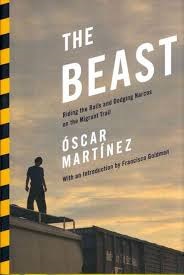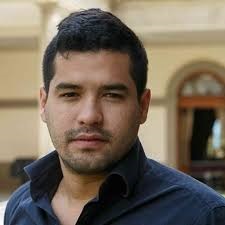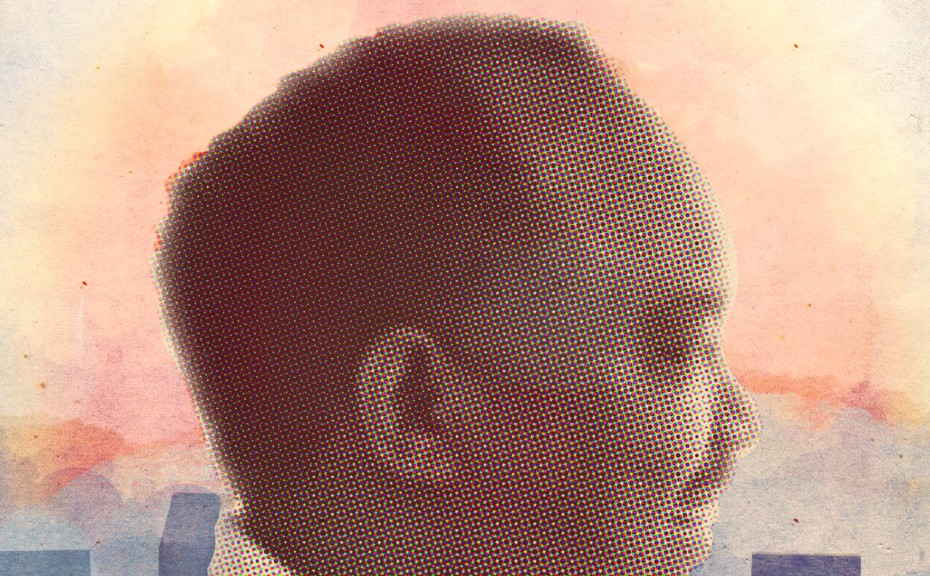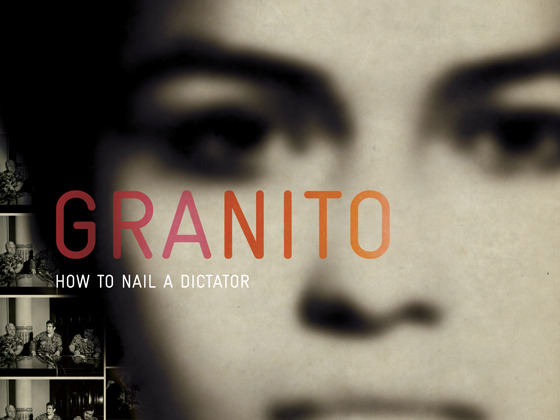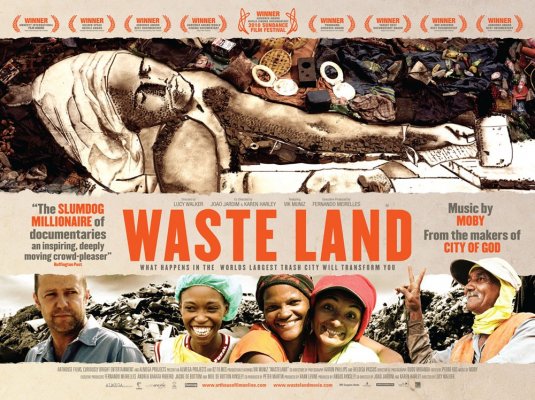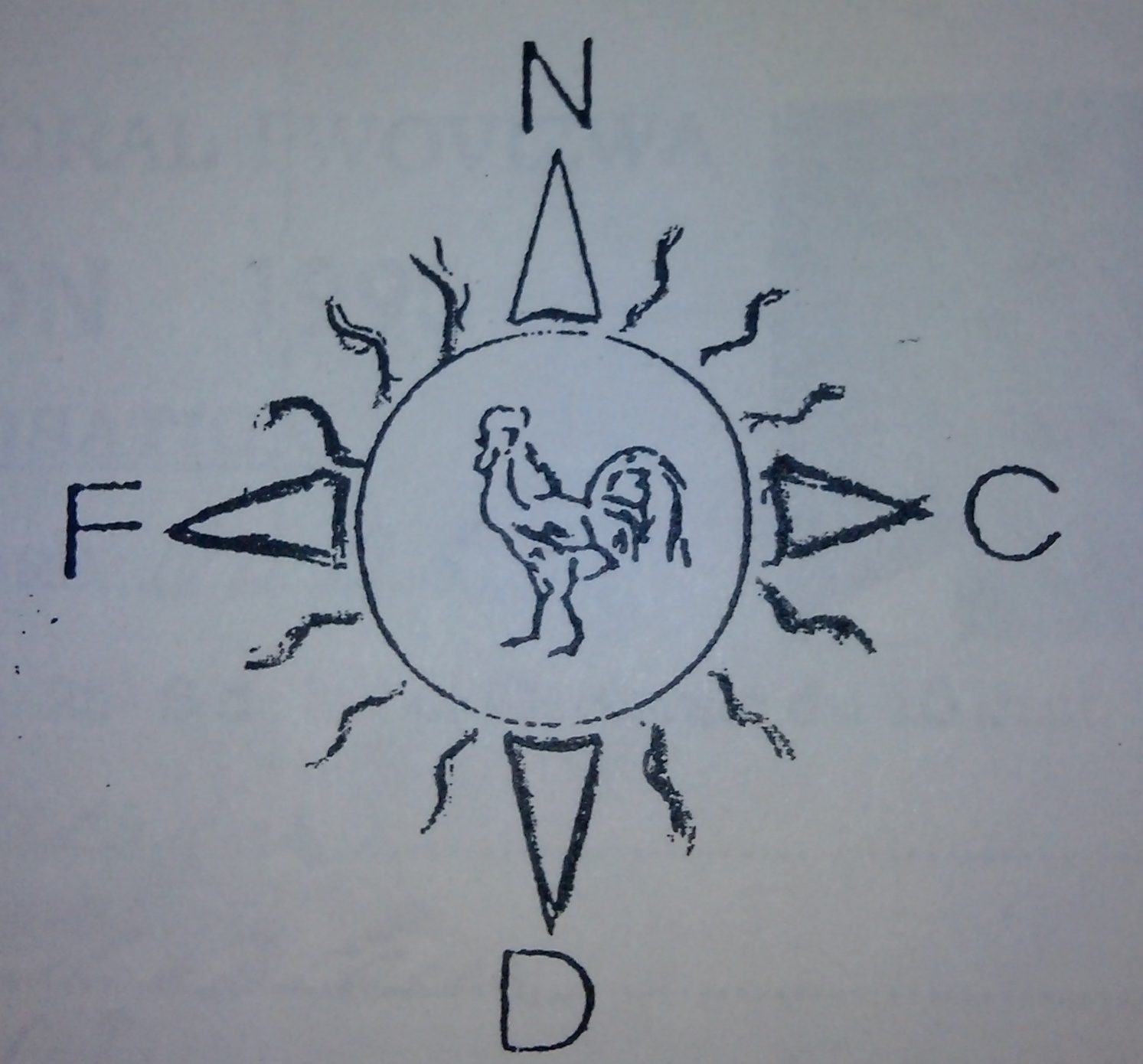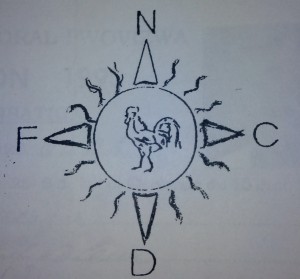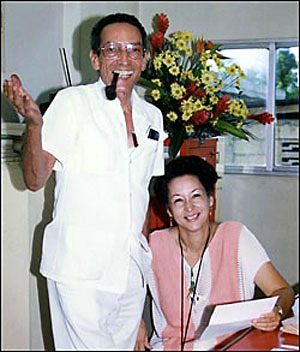“For many of us the march from Selma to Montgomery was about protest and prayer. Legs are not lips and walking is not kneeling. And yet our legs uttered songs. Even without words, our march was worship. I felt my legs were praying.”
Rabbi Abraham Joshua Heschel wrote these words soon after returning from participating in the Selma-to-Montgomery March on March 21, 1965—indelibly connecting his activism with his faith. According to Professor Eric Meyers, Director of the Center for Jewish Studies at Duke, “The participation of so many Jews in the civil rights movement was formative for an entire generation of American Jews. It is a shame that the movie Selma and associated celebrations overlook this element in the movement. It was the participation of Rabbi Abraham Joshua Heschel, a leading Conservative theologian, and close friend of Rev. King, that gave further momentum to the march in Selma after which Rabbi Heschel famously proclaimed that as a result he had learned to ‘pray with his legs.’ Rabbi Heschel’s writings before and after the march espousing human rights for all still inspire and Duke is proud to have his writings housed at the University in the David M. Rubenstein Rare Book & Manuscript Library.”
Rabbi Heschel saved accounts written by several of the rabbis and laypeople who had also answered Dr. King’s call to come to Selma. These accounts are now part of the Heschel collection at Duke. All were written and published within weeks of the march. The accounts emphasize fear and danger in equal measure with exhilaration and gratitude. Rabbi William Frankel (Wilmette, Illinois) remembered that the night before he left for Alabama, “a Synagogue officer called me to inform me, in the name of the Board of Directors, that I would be going south not merely as an individual but as a representative of my congregation.” This support pleased him, but he recognized that racism was not found solely in the South. In words that sound prescient today, he asked, “How will we [in Illinois] react when the battleground will not be in distant Alabama but in our own backyard, even in the suburbs of Chicago?”
In another account from the Heschel collection, Barbara R. Krasner, a mother of five from Radnor, Pennsylvania, who had been jailed in North Carolina for participating in a sit-in one year earlier, writes that she was under no illusions about what lay ahead. She went despite being told that women were being discouraged from going to Selma. She remembered the ways in which the march, confronted by violence, resulted “in the communion of black and white, Christian and Jew, believer and non-believer, as our hearts linked together in prayer.”
The rabbis were easily identified among the protestors. Albert Hoschander Friedlander (then the rabbi for students at Columbia University) noted in his account, “Since the ministers generally wore ‘collars,’ we wore yarmulkes. But a problem presented itself: the yarmulke was becoming fashionable! Called ‘freedom cap’ by the Negroes, it became a mark of distinction in Selma—and the hottest item on the market.” Several of the rabbis remembered Sabbath services with particular warmth. Rabbi Herbert D. Teitelbaum (Redwood City, California) described one service in his journal: “Toward evening, as the Sabbath approached, my fellow rabbis appointed me to conduct the shabbat service we had planned to hold in Brown’s Chapel. As we worshiped, I was amazed at the extent of the participation. Quite a few of the people, it turned out, were Jewish. We sang the closing hymn, Adon Olam, to the melody of ‘We Shall Overcome.’” Many of the rabbis remember services attended by people of all faiths—some in jails.
Rabbi Friedlander noted that the participation of the rabbis in the protests rekindled an interest in Judaism among some of the students. He recorded his surprise in an article he wrote for The Reconstructionist (April 30, 1965): “Students crossed the street to talk to us! For years they had stayed away from synagogues, had thought of them as ‘bar mitzvah factories,’ having no relevance to their lives. Now they saw their rabbis in Selma; and they felt a deep pride in this. Their religion, after all, was still relevant. And we would sit down on the doorsteps of ramshackle houses and talk about a living Judaism that had dealt with these problems since the days of Amos.”
Dan Bockman, editor of The Voice of Temple Beth Jacob (Redwood City, California), introduced excerpts from Rabbi Teitelbaum’s Selma journal by reminding readers that the Selma march was part of a longer struggle: “We suggest that you make this edition of the VOICE available to your children. This struggle will soon be theirs.”
“Reading these contemporary accounts adds nuance to our understanding of the motivations and experiences of those who participated,” writes Naomi Nelson, Director of the Rubenstein Library. “We are pleased to be able to make these accounts available to the public as the nation recognizes the 50th anniversary of this historic protest.”
For more information about the Abraham Joshua Heschel papers please visit http://bit.ly/1u20k3z.
In photograph, leaders of the third Selma-to-Montgomery March being interviewed by the press. Front row: Ralph David Abernathy; Martin Luther King, Jr.; Ralph Bunche; Rabbi Abraham Joshua Heschel; Frederick Douglas Reese. Photographer unknown. Abraham Joshua Heschel papers.


